Accreditation
EPICC promotes the continued professional development of nurses After your course, you will receive a certificate which specifies the number of hours of online and in-person training in which you have participated.
As these hours are eligible for accredited training hours with your professional college or equivalent, we feel it is important to share our rigorous academic development process.
Why did we develop EPICC and each of the programs?
The objectives of EPICC are to equip nurses to better assess, intervene and communicate in an emergency care context. he objectives stem from identified training needs:
- Lack of certified training developed specifically for nurses working in Canadian emergency departments (demonstrated need)
- Lack of bilingual training (demonstrated need)
- Practices and technologies in constant evolution (normative need)
- Request for training by nurses working in emergency departments in the different Canadian provinces (felt need)
How did we develop the courses in the EPICC program?
Each of the EPICC courses has been developed using a rigorous process.
The content of the training builds on the Canadian Nurses Association (CNA) emergency care standards (Canadian Nurses Association, 2012) as well as evidence from the literature.
The content was developed by nurses who are experts in emergency care from across Canada. Content has been translated from English to French or French to English, depending on the development language. A peer review helped ensure the quality and credibility of the content.
For each of the EPICC programs, one or more test groups was held to improve the course and activity/lesson content.
Changes were made to training after the test group. If necessary, a new peer review was carried out.
Providing training in Canada’s two official languages is a priority for us. So far, we have successfully offered all training in French and English, released concurrently in both languages.
To ensure the quality and consistency of the instruction offered, all facilitators attended specific training and were then supervised by an EPICC mentor at their first course.
Are the teaching strategies interactive?
Each of the EPICC programs takes place in two parts:
- Online training. The learner consults various subjects on a web platform before appearing in class.
- Face-to-face training. All face-to-face training is interactive. The teaching strategies are varied (i.e., discussion in large groups and in small groups, simulations, role plays).
Do the participants know the specific objectives for each course?
- Online training. Specific objectives are available for learners at the start of each module.
- Face-to-face training. The specific objectives are shared by the facilitators before each activity.
How do we collect feedback after training?
Participants are invited to complete an online program evaluation after the training. Participants inform us if they have reached the learning objectives set for each activity and share their level of satisfaction and their comments. So far, the response rate to this questionnaire has been 60% (so we’re very thankful for your participation since the average survey response rate is around 30%).
Do we respect the ethical standards required during the courses?
Facilitators must complete a conflict of interest disclosure form to identify affiliations, financial interests or interests of any kind with a commercial company.
We do not advertise a drug or any other product. The generic name of the drugs is preferred. However, since trade names are usually easier to remember, we sometimes use the trade name in addition to the generic name.

